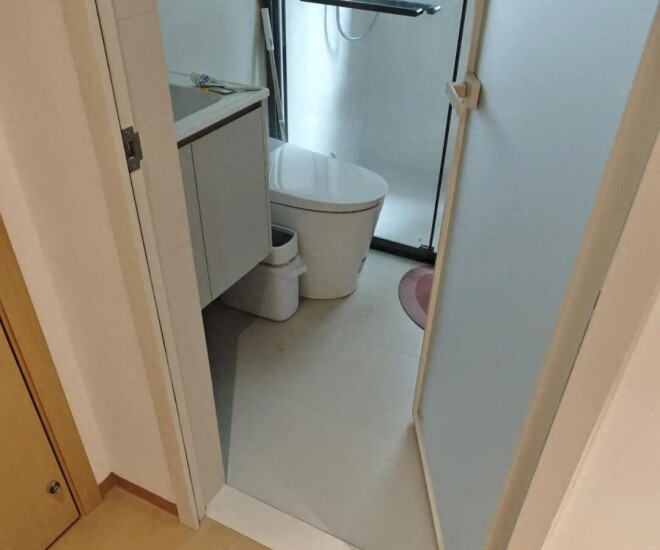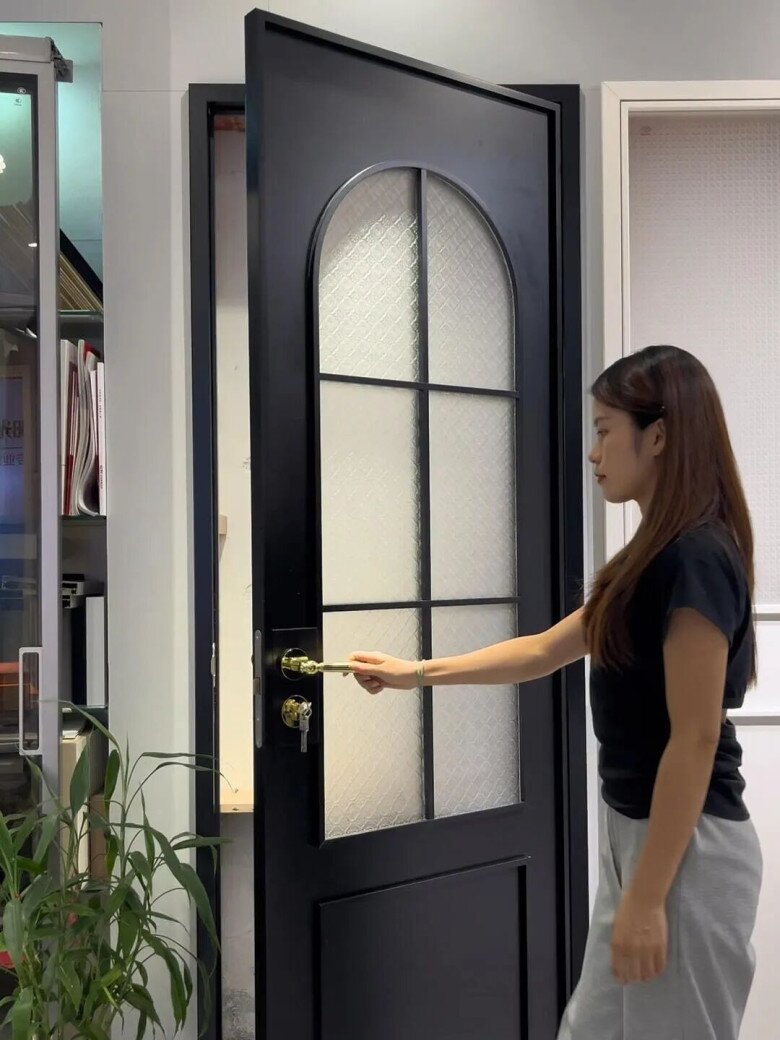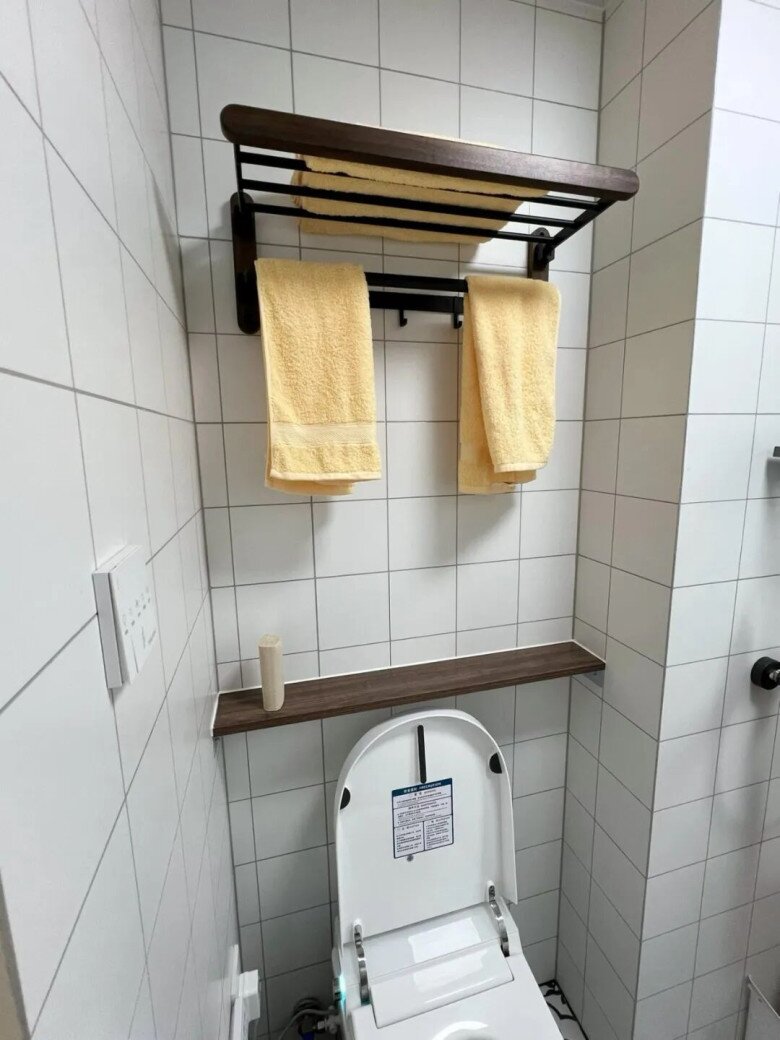Why Should You Keep the Bathroom Door Closed When Not in Use?
Many believe leaving the bathroom door open improves ventilation and eliminates odors, but this is a common misconception!
According to experts, each toilet flush creates an “aerosol effect,” releasing millions of tiny particles containing bacteria from feces and urine into the air. These particles can soar up to 1.5 meters and remain suspended for up to 6 hours before settling on surrounding surfaces.
The real concern arises when the bathroom door is left open, allowing these particles to drift into living areas like the living room, bedroom, and even the kitchen. This puts items such as toothbrushes, face towels, utensils, and children’s toys at risk of becoming breeding grounds for bathroom bacteria.
The scientifically recommended solution is to keep the bathroom door closed and use an exhaust fan. This directly removes moisture and odors, preventing them from spreading throughout the home. Whether your bathroom has a window or not, closing the door is essential to contain odors and maintain hygiene.

– Leaving the Door Open Encourages Bacteria and Mold Growth
Have you noticed peeling or moldy walls near the bathroom door? Persistent dampness and stickiness in your home are often the result of moisture from the bathroom spreading, especially when the door is left open.
Moisture combined with bacteria creates a “hidden health hazard.” This is particularly problematic in windowless bathrooms, where humidity has no escape route other than through the door.
After using the bathroom, always close the door, wipe down wet floors after showering, and run the exhaust fan for at least 2 hours. These steps combat dampness, mold, and odors, ensuring a dry and clean bathroom environment.
– Closing the Door Enhances Privacy and Aesthetics
Closing the bathroom door isn’t just about preventing odors or bacteria; it’s also about maintaining comfort and discretion.
Imagine guests in your living room suddenly glancing into an open bathroom, only to see an unflushed toilet, cluttered countertops, or scattered toiletries. Such a sight can be embarrassing. Simply closing the door transforms the space, making it neat, private, and respectful.

Essential Tips for Using the Bathroom
Beyond the crucial habit of closing the door when not in use, several seemingly harmless bathroom practices can turn this space into a breeding ground for bacteria and odors, affecting your family’s health. Keep these tips in mind:
– Avoid Placing Trash Bins in the Bathroom
Many use bathroom trash bins for disposing of used toilet paper. However, these bins are often the primary source of bathroom odors.
In the damp, enclosed environment of a bathroom, used paper quickly emits odors and becomes a breeding ground for bacteria. Over time, these bacteria can spread throughout your home, including living rooms and bedrooms.
Most modern toilet paper is water-soluble and can be safely flushed without causing clogs.
For special cases, such as during menstruation, consider using small, wall-mountable trash bags (like those used in cars). Dispose of them promptly once full.

– Avoid Hanging Towels in the Bathroom
Many hang towels in the bathroom after washing their face or showering, sometimes even above the toilet. This practice turns towels into bacteria magnets.
Each toilet flush generates a forceful stream of water, releasing bacteria-laden particles into the air, even with the lid closed. Towels nearby act like sponges, absorbing these invisible contaminants.
Additionally, the damp, poorly ventilated bathroom environment fosters bacterial growth on towels. Using these towels on your face can cause skin irritation, acne, ingrown hairs, or even skin infections.
The best solution is to hang towels in well-ventilated, dry areas like balconies or bedrooms, never inside the bathroom.



































